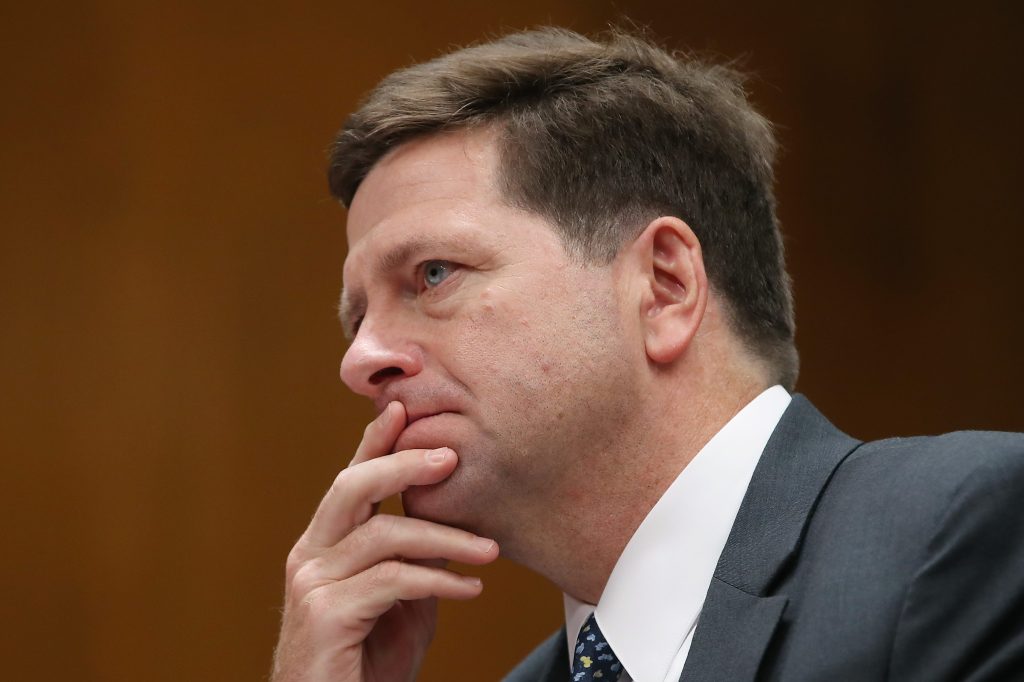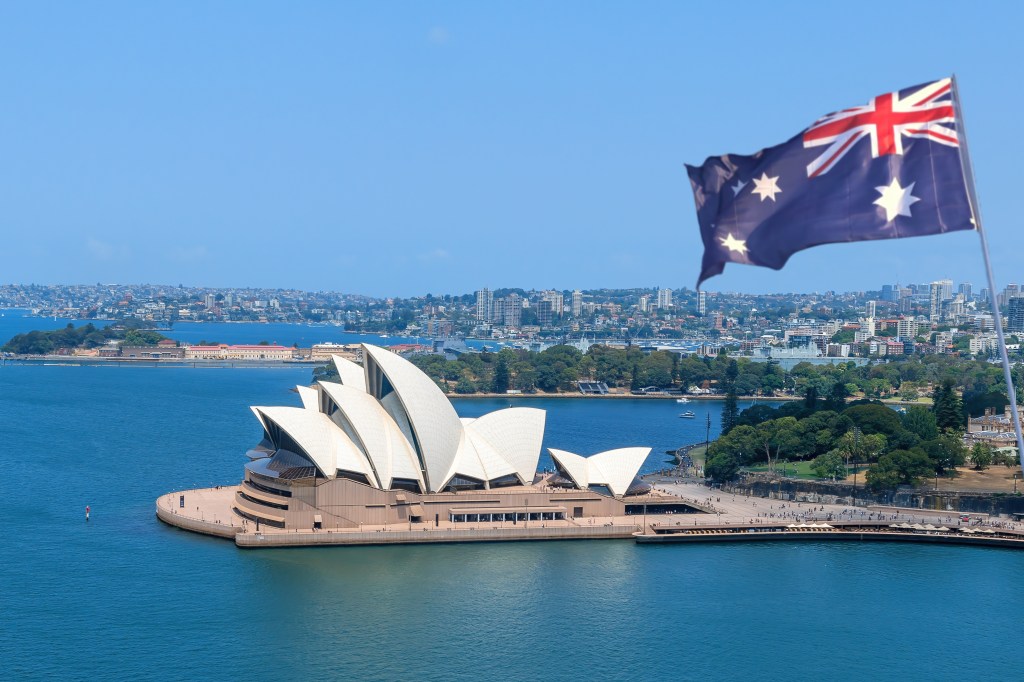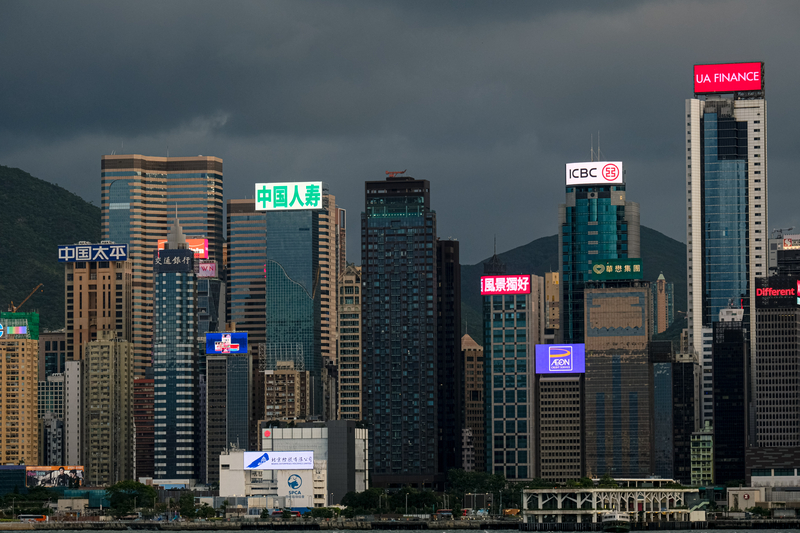In this roundup: Reassurance for the business community in Singapore; MAS and ABS announce establishment of Singapore Payments Network (SPaN); regulation of virtual assets in Hong Kong; Bupa fined in Australia – and more..
Singapore
In an important development, the Singapore Monetary Authority (MAS) provided important clarification and guidance on its
Register for free to keep reading
To continue reading this article and unlock full access to GRIP, register now. You’ll enjoy free access to all content until our subscription service launches in early 2026.
- Unlimited access to industry insights
- Stay on top of key rules and regulatory changes with our Rules Navigator
- Ad-free experience with no distractions
- Regular podcasts from trusted external experts
- Fresh compliance and regulatory content every day













